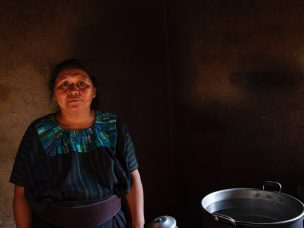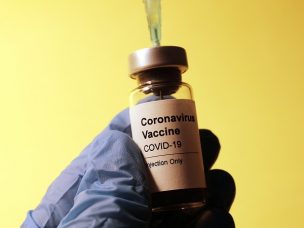COVID-19/Coronavirus
Infection Rates and Severe COVID-19 in Minorities
COVID-19 inequities in racial and ethnic minority groups have been previously studied and confirmed in the United States. Asian Americans, African Americans, Latino Americans, and Indigenous Americans/Alaska Natives are at an increased risk of contracting and dying from severe COVID-19. Structural racism may be at play when identifying the source of these disparities. A retrospective...
Racial Disparities in Patients With Cancer and COVID-19
In the general population, Black patients tend to experience more severe disease from COVID-19 than white patients. However, few studies seek to address whether Black patients with cancer experience worse outcomes from COVID-19 than white patients with cancer. Structural racism carried out through sociodemographic factors, such as underinsurance and disproportionate access to health care, may...
Racial Disparities in Insomnia Widen During COVID-19
Black Americans are more likely to experience chronic insomnia than white Americans. This disparity may result from a lack of appropriate access to care, especially during the pandemic. Moreover, the gap in insomnia prevalence may be widened by additional stress caused by the pandemic as Black Americans also experience higher rates of infection and poorer...
American College of Obstetricians and Gynecologists 2022 Annual Meeting
The annual meeting of the American College of Obstetricians and Gynecologists was held from May 6 to 8 in San Diego and attracted more than 4,000 participants from around the world, including clinicians, academicians, allied health professionals, and others interested in obstetrics and gynecology. The conference highlighted recent advances in the prevention, detection, and treatment...
Flurona: Co-Infection of Influenza and COVID-19
Flu infections are increasing in the U.S., and so is the likelihood of co-infection of influenza and COVID-19. The newly coined term “flurona” has trended across social media, with many patients under the false impression that flurona is a new variant of COVID-19. Flurona is precisely what it sounds like: having flu and coronavirus at...
The Efficacy of mRNA Vaccines Against Omicron
New data released from the Africa Health Research Institute in South Africa show that the Pfizer/BioNTech COVID-19 vaccine may be less effective at preventing infection by the Omicron variant. This study offers the first glimpse into how mRNA vaccines fare against the new variant. The study was conducted by mixing live Omicron virus with sera...
COVID-19 Cases Predicted to Decline Through March
When will the pandemic finally be over? Hopefully sooner than later, according to new modeling data. Although the Delta variant has caused COVID-19 to peak again, researchers from the COVID-19 Scenario Modeling Hub have projected a steady decline in COVID-19 cases and deaths in the United States over the next six months. The data predict...
Pfizer COVID-19 Vaccine for Ages 5 to 11
Pfizer’s COVID-19 vaccine has proven efficacious in children between the ages of 5 and 11, according to research submitted to the U.S. Food and Drug Administration. While data have been released to health regulators on the efficacy of Pfizer’s vaccine in this age group, a formal application with the FDA to authorize its use is still...
People With MS Should Get the COVID-19 Vaccine: Expert
People with multiple sclerosis (MS) may be wondering if they should get a COVID-19 shot, and the answer is definitely yes, an expert says. “The big takeaway message is the COVID-19 vaccine is strongly recommended for patients with multiple sclerosis,” said Dr. Nancy Sicotte, director of the Multiple Sclerosis and Neuroimmunology Program at Cedars-Sinai in...
More Medical News














